Rapid Transformational Therapy and Marriage Counselling
All the couples experience conflict. Whether the conflict is about money,sex life, lack of intimacy or different parenting strategies, therapy will help.
Therapy is not about pointing fingers who did what and who is to be blamed. Therapy provides tools for communicating, active listening and understanding both sides.
Many problems stem from our childhood. Our brain works on set of believes and programming gained in our childhood, that guides us into our adulthood. Our childhood is a foundation what adults we are going to be and how we are going to build our future relationship; whether romantic, friendships or relationships at work.
Experiencing trauma in our childhood, experiencing unhealthy childhood home, unhealthy relationships with one of the parents or both of them, experiencing abuse as a child, neglect and more; it all adds up to struggling in relationships especially when both of adults experience in their childhood any kind of trauma or abuse. Issues like that project into our adulthood as we lack certain skills or tools to create healthy relationship with our partner. Whether the issue are seen as lack of healthy communication, unhealthy addictions, feeling lonely in a marriage or any other issue.
What to expect during a session?
The first meeting will be based on a quick assessment and a friendly chat about issues that a couple experiences. We will discuss why issues appear in your life. This part is not about blaming one another but understanding the root the issues started. Also, we will discuss what issues each of you experience individually; whether it is struggling with organising money, being emotionally unavailable or not being able to communicate effectively, all this issues stemming from the childhood and being imbedded over the years through environment and way of living cause the partners to grow apart and face difficulties in their marriage.
Most of the sessions will be performed separately. This is an essential part of transformation as it focuses mostly on individual issues of each of partners giving them an opportunity to open up and dive into root and causes of issues they experience on a personal level. Everyone loves attention and just being focused on individual person’s issues is uplifting and makes the whole process of healing and transforming more effective and productive.
Unfortunately, everyday life, which is fast paced, does not encourage couples to share problems they experience on individual level being overwhelmed with problems of every day life, children or work.
By working separately each of you will have the time to reflect on why things have been going wrong and will find strategies on how to improve the relationship and move forward. Working separately and focusing on yourself will give you guidance how to find yourself again and open up to problems you were not able to solve with your partner.
The last section of transformative process will be working together and reflecting on strategies that will help with supporting balanced and healthy relationship partners want to have.
For the most part, you and your partner both have to be willing to start marriage counselling for it to be effective. The whole process of working on marriage issues, working separately as well as together, is a new way of discovering yourself, which will lead to solving all the problems you have been encountering for years and had no way of getting out of them.
If you believe that you have been struggling for years with certain issues in your relationship like
- You feel you have the same fight over and over and it’s hard see eye to eye or come up with a solution.
- You feel you disagree about parenting, financial or lifestyle choices
- You feel that household responsibilities are unequal and cannot figure out how to effectively communicate about this or come up with solutions.
- You feel you have lost romantic or sexual chemistry
- You feel your marriage is on an auto pilot
- You feel that you are unheard and healthy communication does not exist in a relationship
- You feel that your partner is emotionally unavailable
- You feel you deal with substance abuse or your partner experiences substance abuse like drinking, smoking or taking drugs.
- You feel substance abuse impacting your mental health or mental health of your partner including physical abuse etc.

